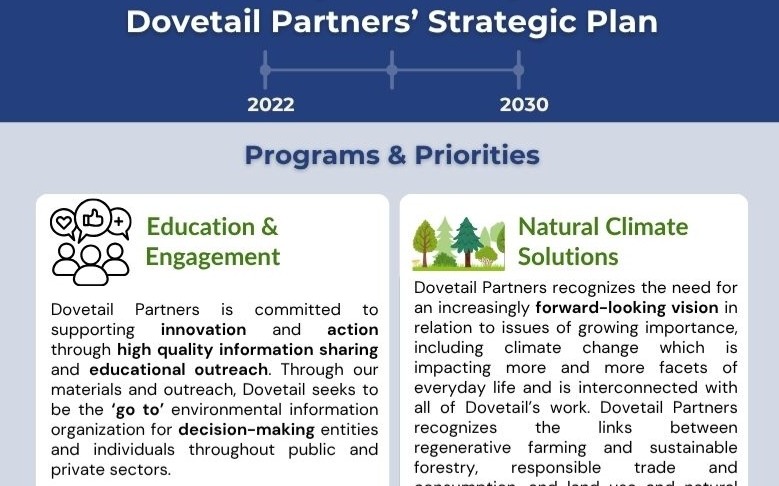Environmental Threat or a Means of "Saving" Natural Forests?
With increasing interest worldwide in forest plantations as a source of wood and industrial fiber, concerns about the potential environmental impacts of establishing forest plantations on a large scale are increasing as well. Specific concerns focus on potential loss of soil fertility and productivity under short harvest rotations, increasing risks of catastrophic disease and insect infestations through cultivation of monocultures, implications of replacing natural forests and associated flora and fauna with less biologically diverse plantations, and risks of introducing exotics.
Among the advantages of plantations is that establishment of highly productive forest plantations can provide large quantities of wood and fiber from relatively small land areas, providing a continuous, renewable stream of industrial raw materials that results in less overall environmental impact than other types of raw materials while also reducing pressures for harvesting in natural forests. Thus, although many of the issues raised about forest plantations are non-trivial, there are several significant environmental advantages of plantation establishment that appear to outweigh concerns, if plantation management practices – such as careful matching of species to site, and use of genetically diverse planting stock – can be developed to address concerns regarding sustainability.
- Lead AuthorBowyer
- DateOctober 2005
- CategoryEnvironmental, Forest products, Forestry, Forests, Management, Wood
- Project FileDownload

.png)

.png)
.png)

